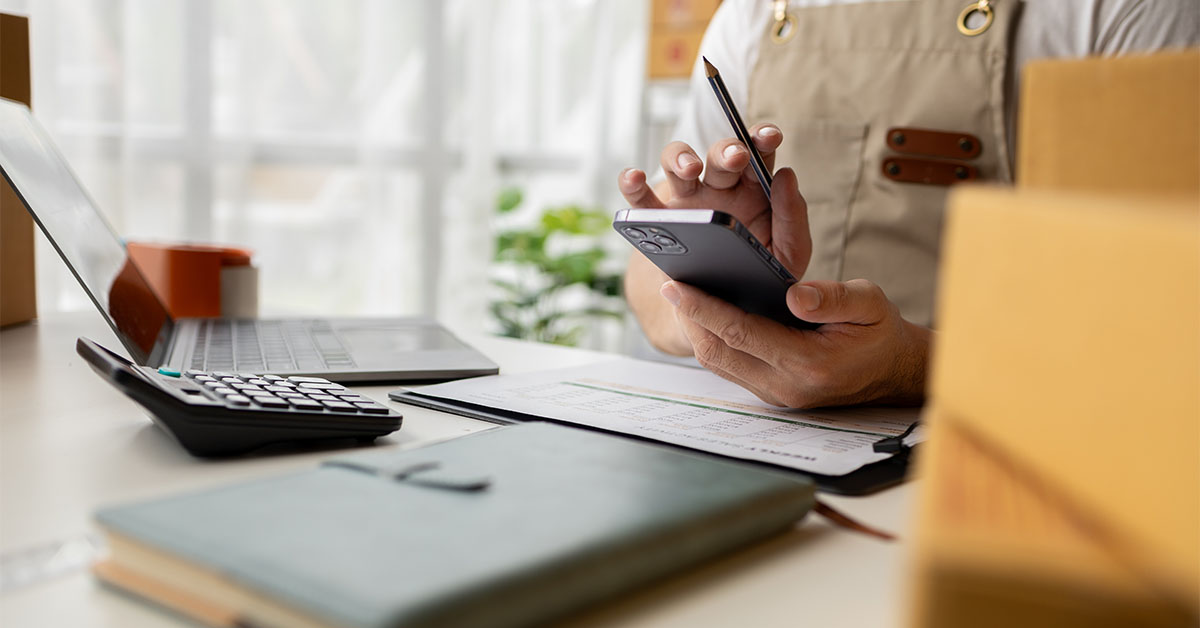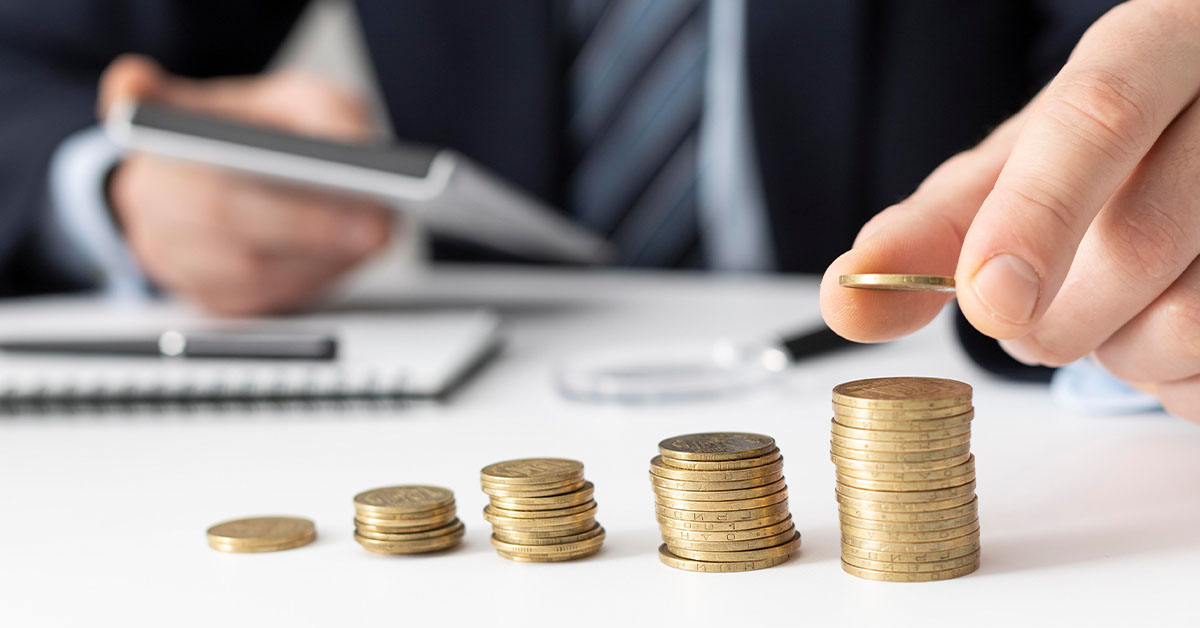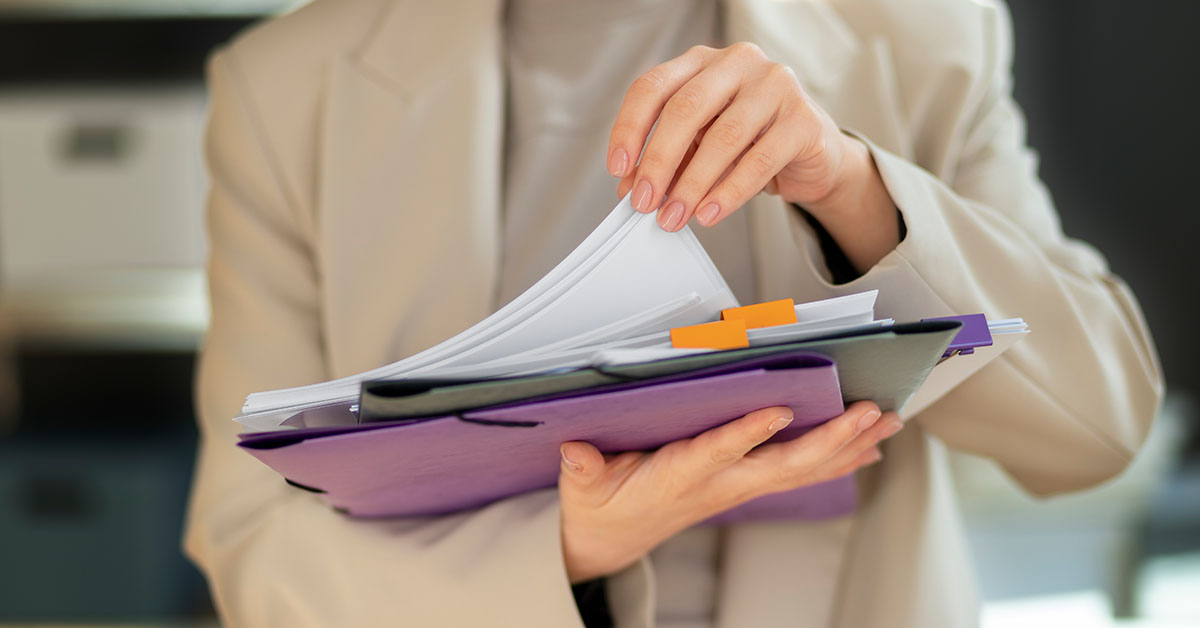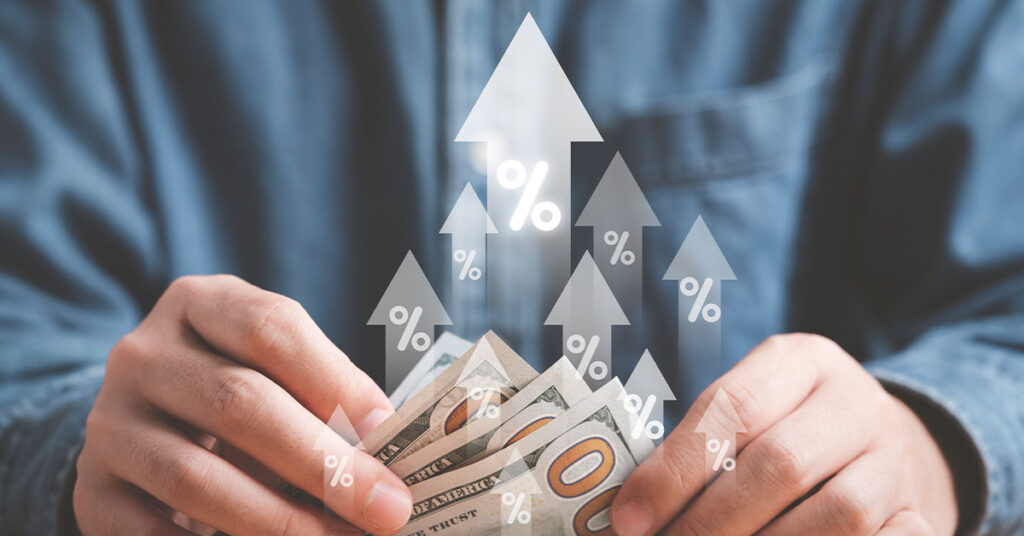The end of January in the United Kingdom marks an important deadline for many individuals and businesses – the self-assessment tax return due date. Whether you’re a seasoned taxpayer or tackling your first self-assessment, it’s crucial to have all your financial affairs in order and submit your self-assessment tax return by January 31st to avoid late filing penalties.
In this blog, we’ll explore what a self-assessment is, why it’s important, and how to ensure you meet the deadline.
What is a Self-Assessment?
In the UK, the self-assessment tax return is a system for individuals, self-employed professionals, and businesses to report their income, calculate their tax liability, and pay any taxes owed to HM Revenue and Customs (HMRC). This process applies to various sources of income, including employment, self-employment, rental income, dividends, and capital gains.
A self-assessment is also applicable if your gross annual income is more than £100,000, or if you are in receipt of child benefits with an annual net income of more than £50,000. In conclusion if an individual has any untaxed income, now is the time to declare this to HMRC, specific guidance on whether or not an individual has to complete a self-assessment tax return can be found on the UK Government website.
Key Dates:
April 6th: The tax year begins.
April 5th: The tax year ends.
April 6th (following tax year): The tax return filing period begins.
July 31st: Second payment on account for previous tax year
October 5th: Registration deadline for self-assessment.
October 31st: Paper filing deadline.
January 31st: Online filing deadline and payment of Annual liability plus first payment on account for the following tax year.
July 31st: Second payment on account for the following tax year
Why Is It Important?
Completing your self-assessment on time is crucial for several reasons:
- Avoid Penalties: Late filing or late payment of taxes can result in penalties and fines, which can add up quickly. HMRC imposes an initial £100 penalty for missing the filing deadline, and additional fines can be levied for continued delays.
- Peace of Mind: Filing early ensures you have a clear picture of your tax liability, so you can plan and budget accordingly.
- Tax Refunds: If you’re owed a tax refund, filing early means you’ll receive your money sooner.
- Financial Planning: Completing your self-assessment on time enables you to make informed financial decisions, including contributions to pensions or ISAs.
- Legal Obligation: In the UK, paying the right amount of tax is not only a financial responsibility but also a legal one. Ignoring your self-assessment could lead to legal consequences.
How to Prepare for the January 31st Deadline
Preparing for the self-assessment deadline can be a straightforward process with some organization and planning:
- Gather Documents: Collect all the necessary documents, including P60’s, income statements, employment expenses, and any relevant receipts. This could encompass payslips, bank statements, rental income records, and more.
- Register Online: Ensure you have registered for online self-assessment with HMRC if you haven’t already. The deadline to register is 5th October.
- Seek professional advice: Consider using tax software or hiring an accountant to simplify the process. These tools can help you to accurately calculate your tax liability and submit your return efficiently.
- Submit Early: Don’t wait until the last minute. Submit your self-assessment well in advance of the January 31st deadline to avoid any technical glitches or unforeseen issues.
- Pay on Time: If you owe taxes, make sure to pay by the deadline. Late payments can also result in penalties and interest charges.
Meeting the January 31st deadline for self-assessment in the UK is a crucial financial responsibility that can save you from penalties, provide peace of mind, and ensure you’re in compliance with tax laws.
Working with an accountant to complete your self-assessment will not only take the hassle away from you but will also ensure you are paying the correct amount of tax. Get in touch with AVASK today to find out more.


















